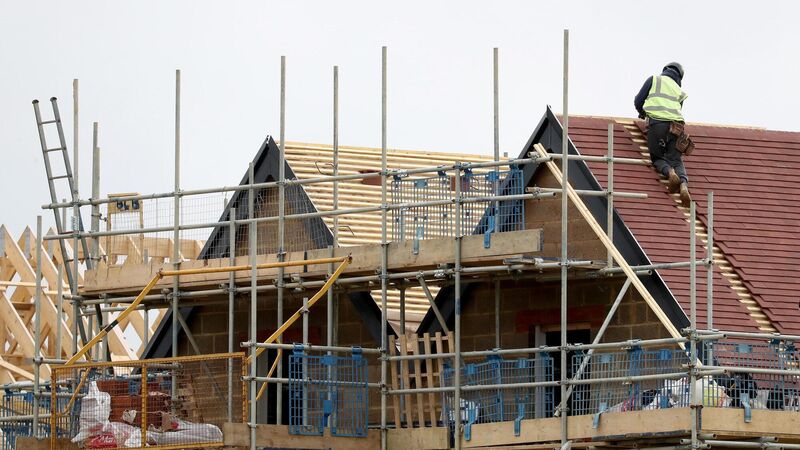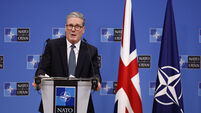Oliver Mangan: Savings and low-interest rates to herald brighter prospects

House building activity held up better than expected in 2020, with housing completions likely to be close to 20,000 for the year. Picture: Gareth Fuller/PA Wire
The global recession last year triggered by the Covid-19 pandemic saw the largest contraction in world economic activity since the Great Depression of the early 1930s. Output fell very sharply in the first half of the year, bounced back strongly in the third quarter as restrictions were eased, but the recovery lost momentum in the final quarter as a second wave to the coronavirus took hold.
In Ireland’s case, the hit to the economy was mitigated to some extent by the continuing strength of exports, most notably from the multinationals.















